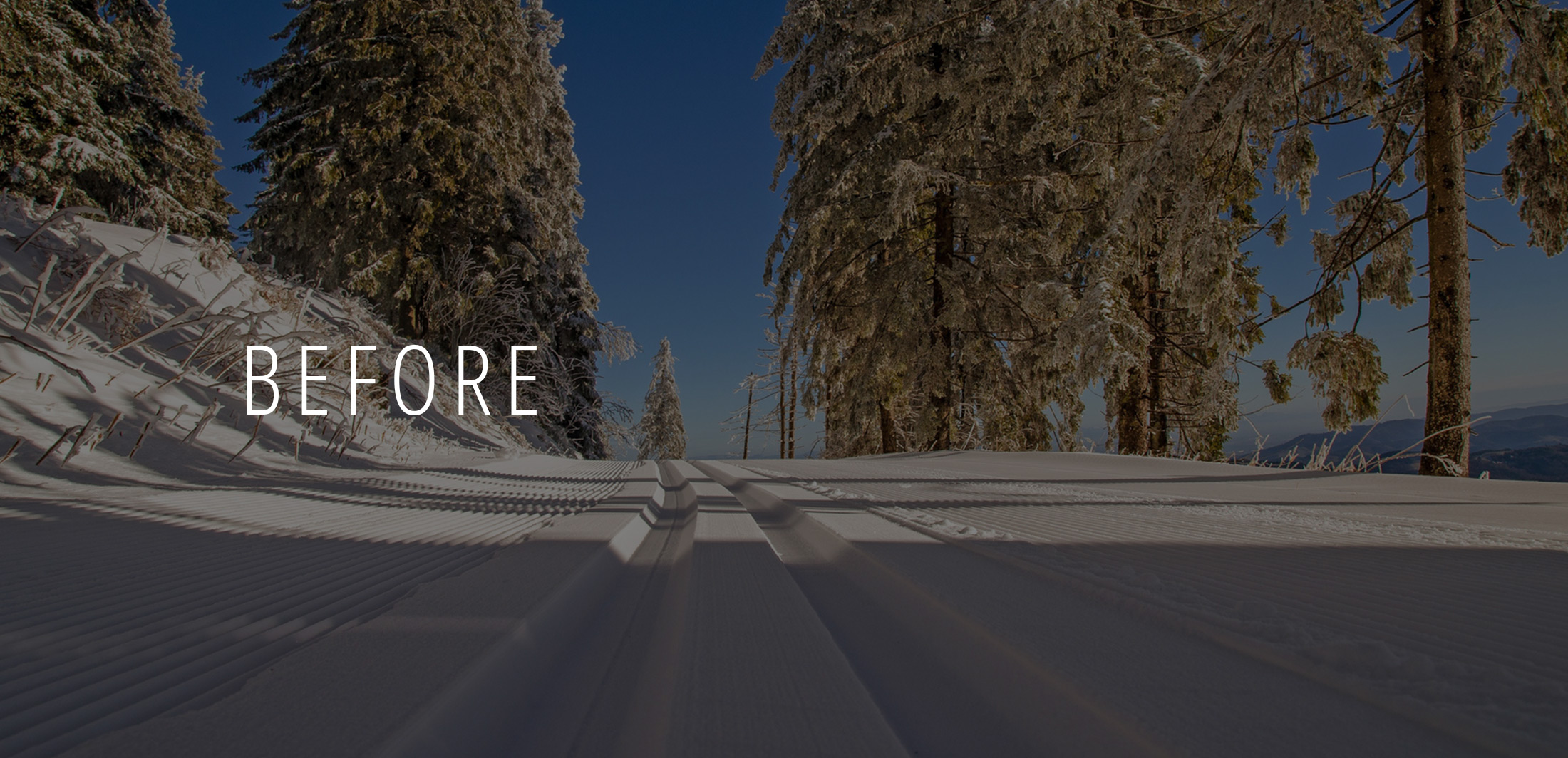+ BRINE SDS
+ CALCIUM CHLORIDE WITH BOOST SDS
+ BOOST SB SDS
+ LIQUIDOW SDS
+ MELTDOWN SDS
One of the worst things about winter is having to deal with harsh weather, especially when it affects driving conditions. Road crews must work hard to keep roads clear so traffic can keep moving and accidents can be prevented. This isn’t always an easy job – it can be difficult to remove layers of ice and snow, especially when the temperature falls well below freezing.
Fortunately, there are many solutions that can remove ice and snow effectively, including calcium chloride. Calcium chloride is one of the most powerful Indiana De-Icing solutions available on the market; it can clear ice and snow from road surfaces easily without damaging them.

7 Reasons Why Calcium Chloride Is the Best Indiana De-Icing Solution
When winter comes, it’s up to road crews to keep roads and parking lots clear of snow and ice at all times. While this certainly is a challenging task, it’s made easier by the addition of calcium chloride.
Modern road crews have recently started to adopt calcium chloride as their primary deicer over traditional methods like rock salt due to its superior effectiveness; calcium chloride beats salt hands down when it comes to melting ice quickly, effectively, and safely. Here are seven reasons why you should consider using calcium chloride for Indiana De-Icing:
1. Dissolves Snow Immediately
Unlike rock salt alone, calcium chloride will immediately begin to help snow and ice dissolve as soon as it’s applied. Quick dissolution means that calcium chloride starts working faster to melt snow and ice off surfaces, making roadways safer with our Indiana De-Icing.


2. Releases Heat
As calcium chloride melts, it begins to release heat. This release of heat speeds up the rate of de-icing, making it much faster and more efficient than rock salt alone, which is what most cities use.
3. Lasts Longer
Calcium chloride is a better solution to clear snow from roads because it lasts longer than rock salt. The reason that calcium chloride lasts longer is because it lowers the freezing point of water more than rock salt does. When you use sodium chloride, it lowers the freezing point by just a few degrees. But when you add calcium chloride into the mix, it makes the freezing point much lower, which prevents ice from bonding to road.


4. Environmentally Friendly
Calcium chloride is better for the environment because it doesn’t damage trees, plants, buildings, or sidewalks like rock salt does. What’s more, calcium chloride does not leave behind a white residue on surfaces like rock salt does.
5. Less Corrosive
One of the biggest complaints motorists have about rock salt is the damage that it does to their vehicles over time. But with calcium chloride, you don’t have to worry about that issue as much; it’s a lot less corrosive to metal when compared to sodium chloride. It also does less damage to concrete as well.


6. Saves Money
Our Indiana De-Icing product, Calcium chloride, saves money in several different ways. For one, because calcium chloride lasts longer than rock salt alone, communities can save on labor costs because it doesn’t need to be applied as frequently. Combining calcium chloride with rock salt also cuts the need for rock salt in half, which can also reduce costs.
7. Works Better
Rock salt is one of the most common substances used to clear snow and ice off roads. However, it has a limited effectiveness in colder conditions. This is because rock salt’s lowest effective temperature is only 15 to 20 degrees Fahrenheit. Compare that to calcium chloride, which can be used effectively in temperatures as low as -25 degrees Fahrenheit. This makes calcium chloride a better option for harsh winter climates.

What You Could Save with our Indiana De-Icing Products
With proactive snow and ice control, you save resources and time. Use less product and get results faster.
Percent reduction in the use of de-icer when anti-icing is done first.
(Water Protection Practices, EPA, 2010)
Percent decrease of snow coverage with calcium chloride compared to other agents.
(Ontario Ministry of Transportation)
Percent decrease in salt loss when pre-wetted with calcium chloride.
(Salt Bounce and Scatter Study, MDOT)
How We Can Help with Indiana De-Icing
If you want to keep your roadways safe this winter, then contact the team at Great Lakes Chloride. With more than 45 years of experience in Indiana De-Icing, we have the solutions you need to keep your city streets clear. Here’s how we can help:
- We’ll set up a meeting to discuss your needs in-depth, so we understand the exact goals you’re trying to reach.
- We’ll explain the various options that are available and examine their pros and cons so you can make an informed decision.
- Using our expertise, we’ll come up with a plan to improve your de-icing efforts, reduce labor hours, and save money.
- We’ll recommend the best de-icing solutions for the job and teach you how to apply them safely and effectively.
Ready to put Indiana De-Icing products to work in your winter weather game plan?
Oops! We could not locate your form.


RESOURCES AND CASE STUDIES
Salt shortages, extreme winters amd poor performance from expensive products. Read these case studies from accross the country on winter weather road upkeep.


